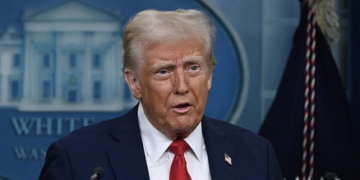
Press Trust of India
New Delhi, May 21: Worried about a further spike in prices of pulses in coming months, the Centre Saturday asked state governments not to levy local taxes like VAT and mandi fees on dals, besides taking stern action against hoarders to boost supply and bring down rates. Briefing reporters after the state food ministers’ meet on prices of essential commodities, Union Food Minister Ram Vilas Paswan said the government will consider increasing size of pulse buffer stock to 9 lakh tonne, from the current 1.5 lakh tonne as recommended by a departmental committee.
The government is seriously considering hiring a private agency to forecast production, demand and price rise to enable it to make timely policy interventions. Apart from local tax exemption, Paswan asked the state governments to establish their own Price Stabilisation Fund that can be utilized to check prices of pulses and other essential items. The states have also been told to fix stock limits for pulse importers, millers, traders and producers separately to ensure smooth supply at reasonable prices. “Besides pulses, edible oils, sugar and potato, the prices of all other commodities are under control. In the case of pulses, prices are rising due to demand-supply mismatch,” Paswan told media after the meeting.
The gap in demand and supply has widened in the last two years due to drought. Pulse production is around 17 million tonne while demand is for 23.6 million tonne. Although India imported around 5.5 million tonne of pulses in 2015-16, there is still a shortfall of around 1 million tonne, putting upward pressure on prices, he added. In order to keep a tab on pulse prices in coming months, Paswan said, “We have requested states to exempt pulses from VAT and other local taxes in the lean period. It may help cool prices of pulses by 5-7 per cent.” Stating that prices of food items like pulses shoot up abnormally due to hoarding and cartelisation by traders, he said, “Traders hoard the stock of commodity in a bordering state where stock limits are not imposed. Therefore, there is a need that all states impose and implement stock limits.”






































